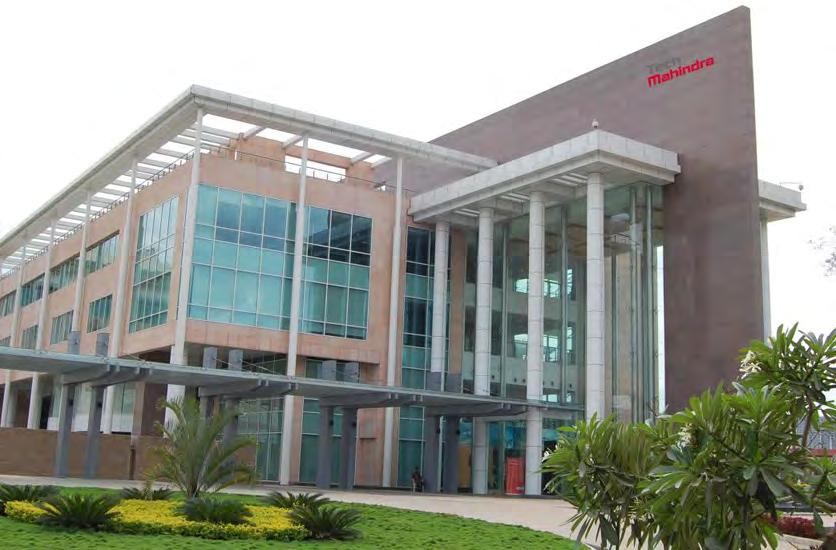
1 minute read
Jeraisy Computer and Communication Services, SAS to boost advanced analytics in Saudi
SAS announced partnership with Jeraisy Computer and Communication Services. Under this new collaboration, the two companies aim to empower and inspire customers in Saudi Arabia lead the change towards the Saudi Arabia’s ambitious Vision 2030 and beyond, with advanced analytics and AI acting as catalyst.
Jeraisy Computer and Communication Services, JCCS was established in the 1983 and provides information technology, IT, telecommunications, Internet, and managed services, with a strong emphasis on systems integration and infrastructure services projects. The introduction of cutting-edge technology in Saudi Arabia has always been JCCS’s top priority, and this is reflected in the company’s significant contribution to the Saudi Arabia’s goal of developing technological self-sufficiency.
The National Strategy for Digital Transformation is one of the major pillars for achieving the Saudi Arabia’s Vision 2030. With SAS’s broad portfolio of analytics and AI solutions,
Bahaian, Country ManagerSaudi Arabia, SAS.
JCCS will be able to assist Saudi Arabian customers in digitally transforming their businesses with confidence, via data-driven insight and intelligent decisioning.

With solid foundations based on data analytics, JCSS customers can create new applications to address business challenges, build resilience against disruptive events, uncover new business opportunities and spark green innovation, since Vision 2030 places sustainability at its core.
As Saudi organisations move to a digitalfirst mindset to support long-term, sustainable business growth, IDC forecasts that ICT spending in Saudi Arabia will reach $33 billion in 2022, a year-on-year growth of 2.3 percent, making the Saudi ICT industry one of the fastest growing sectors in the region. Furthermore, according to another IDC research, cloud will continue to dominate technology investments. Fuelled by the regulatory clarity, public cloud spending in the country is projected to exceed $2.5 billion by 2026.







